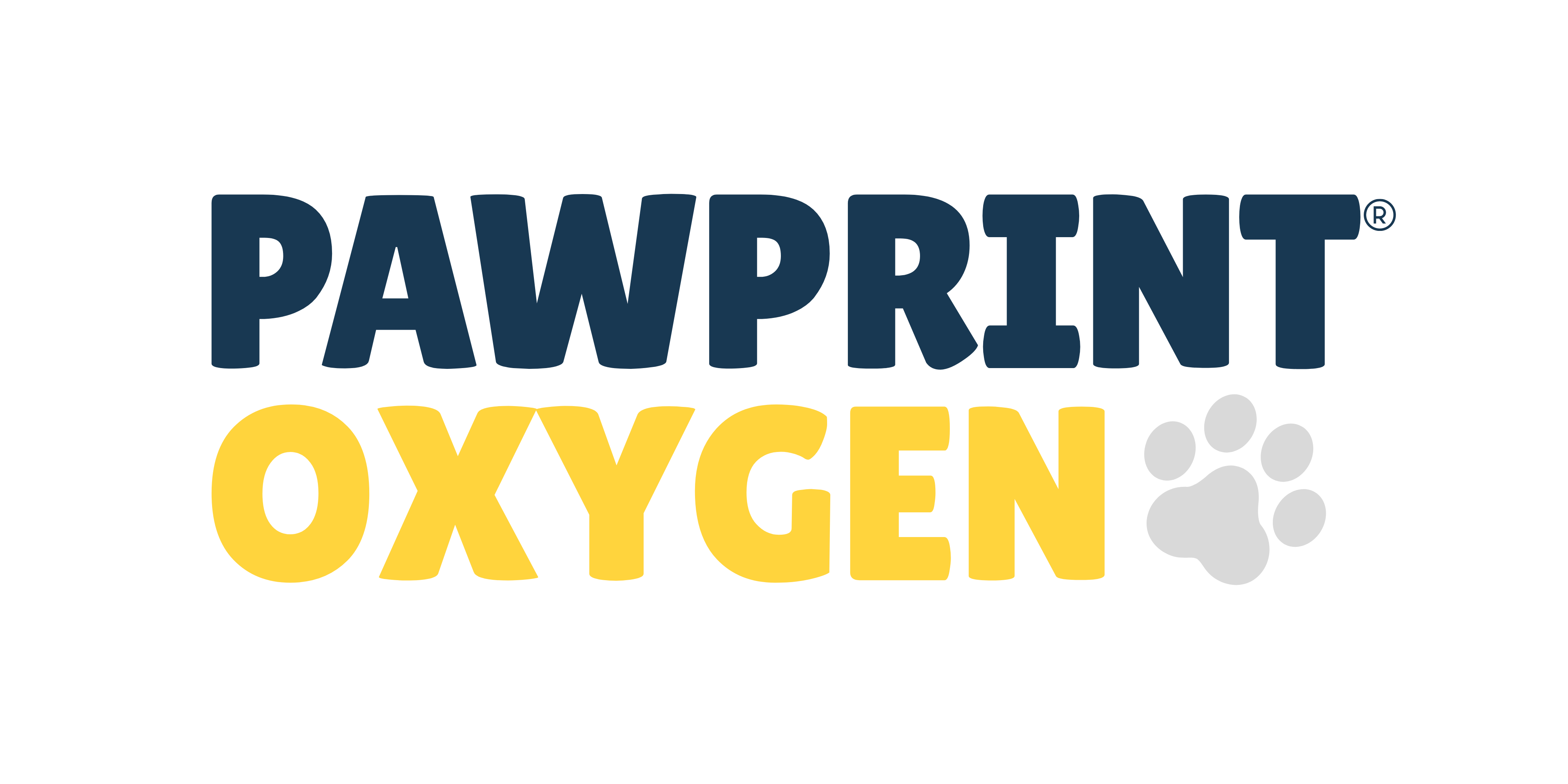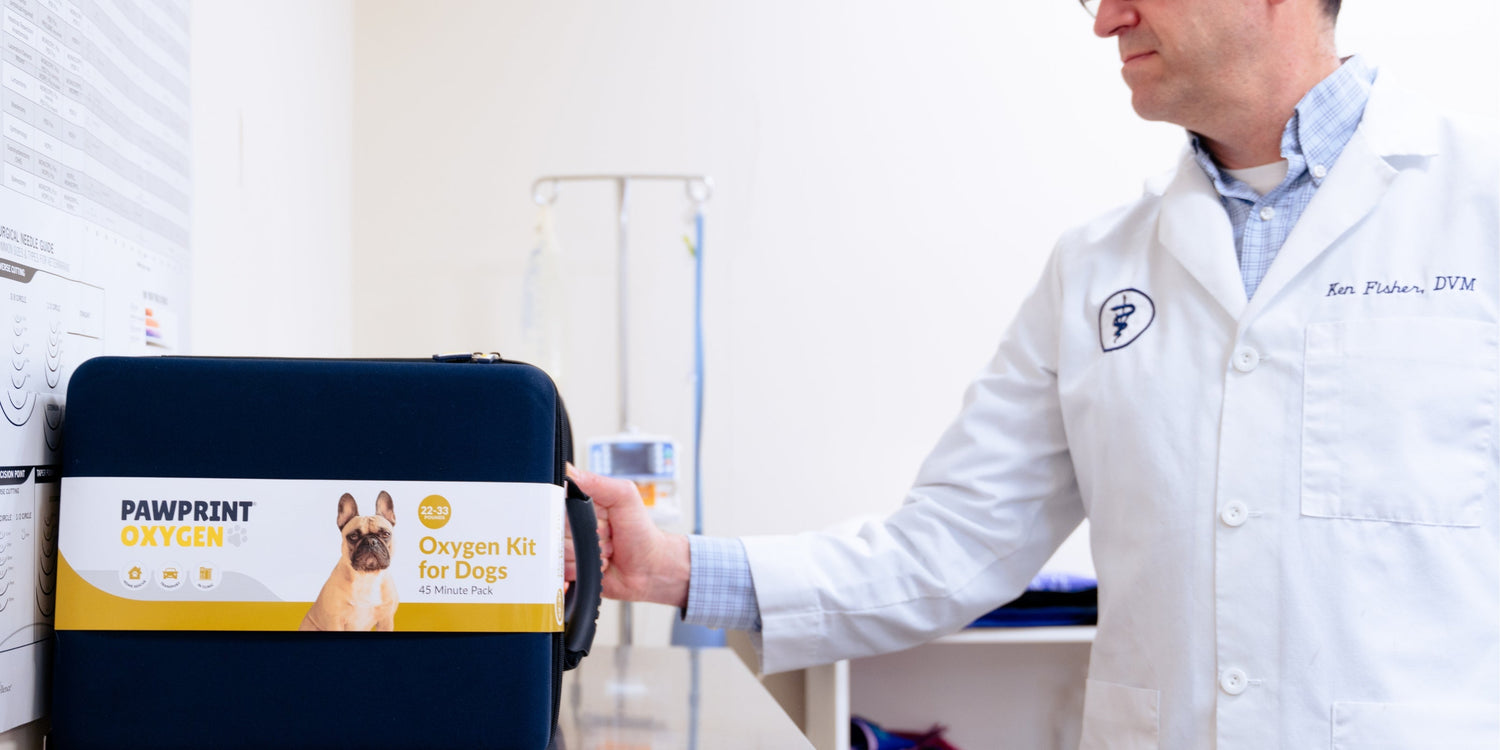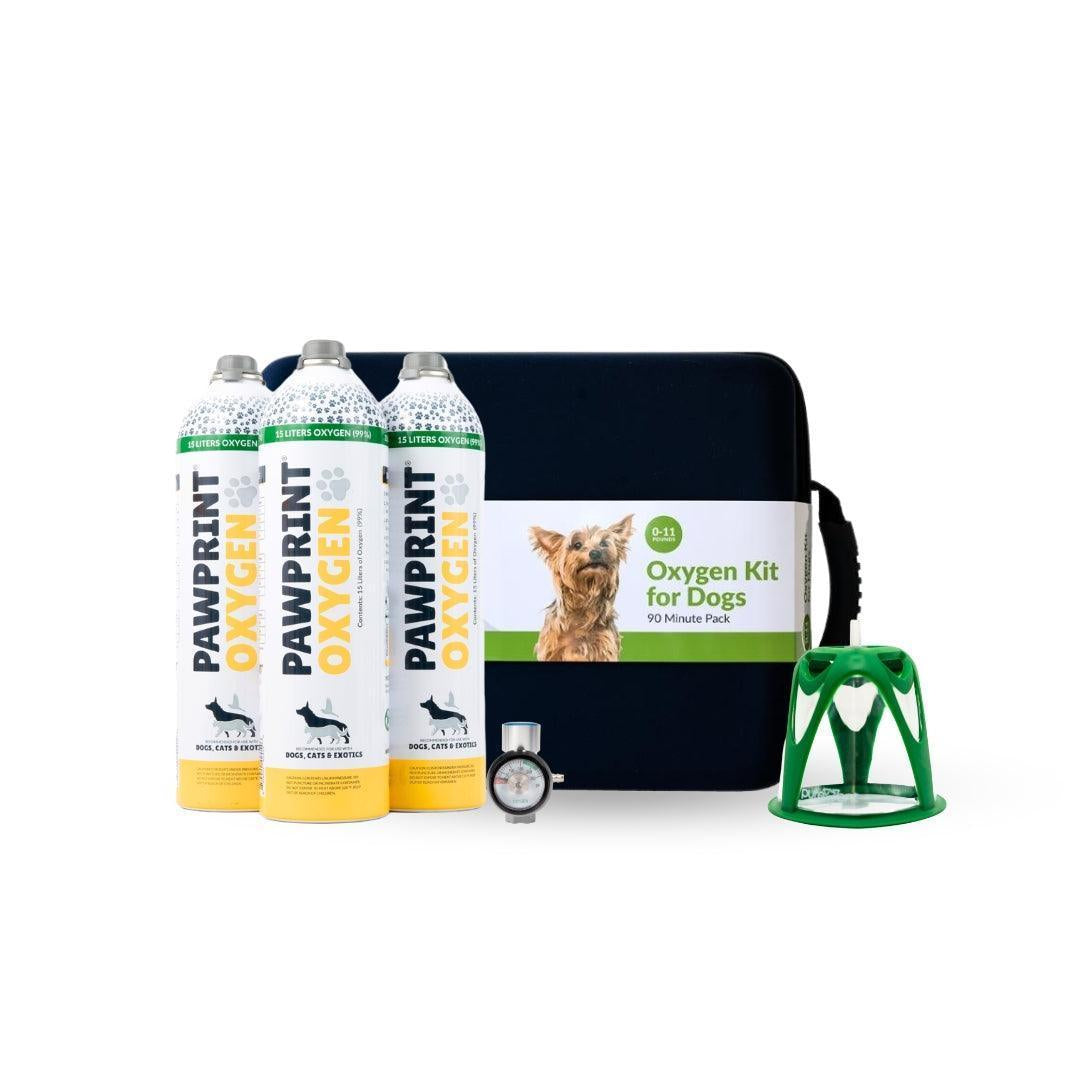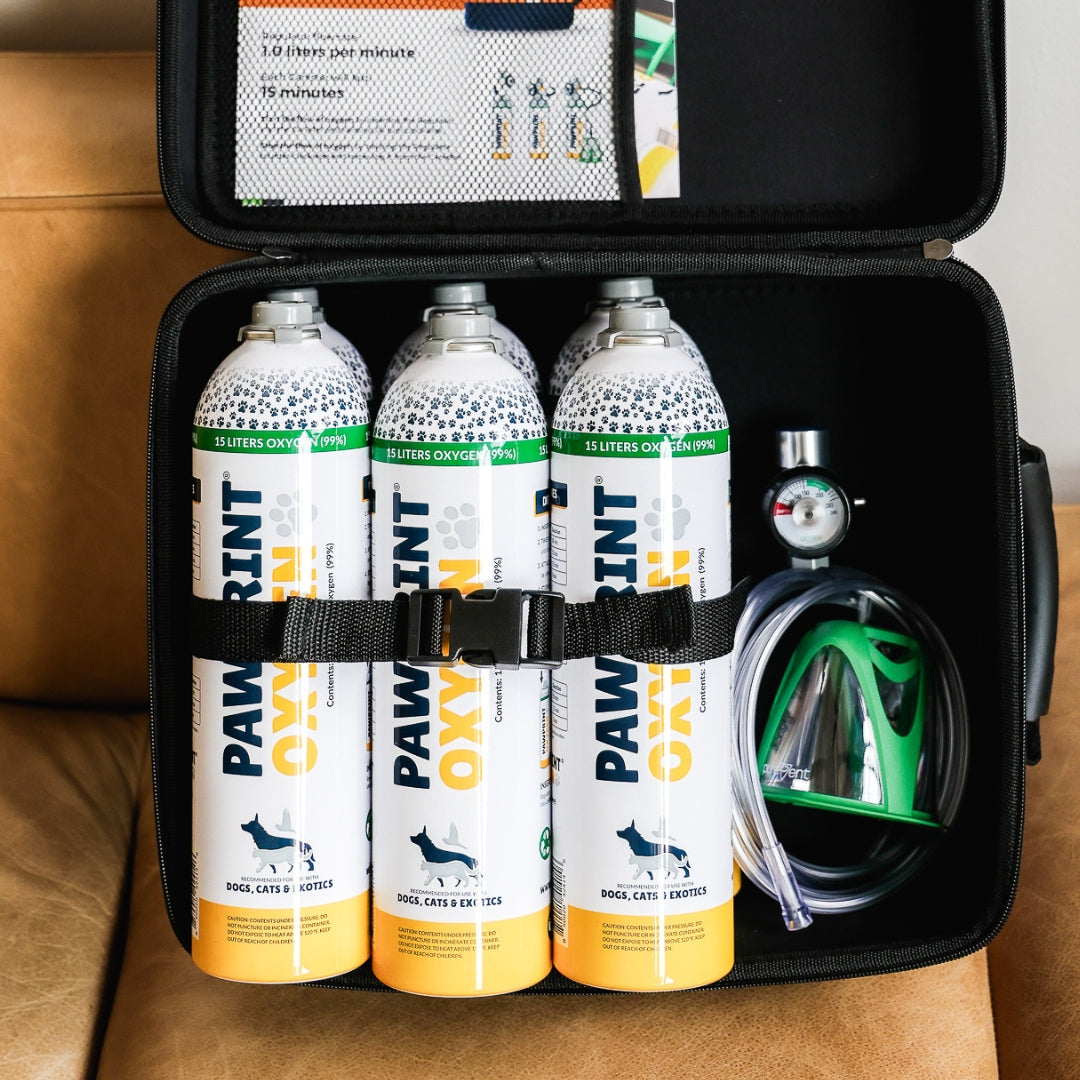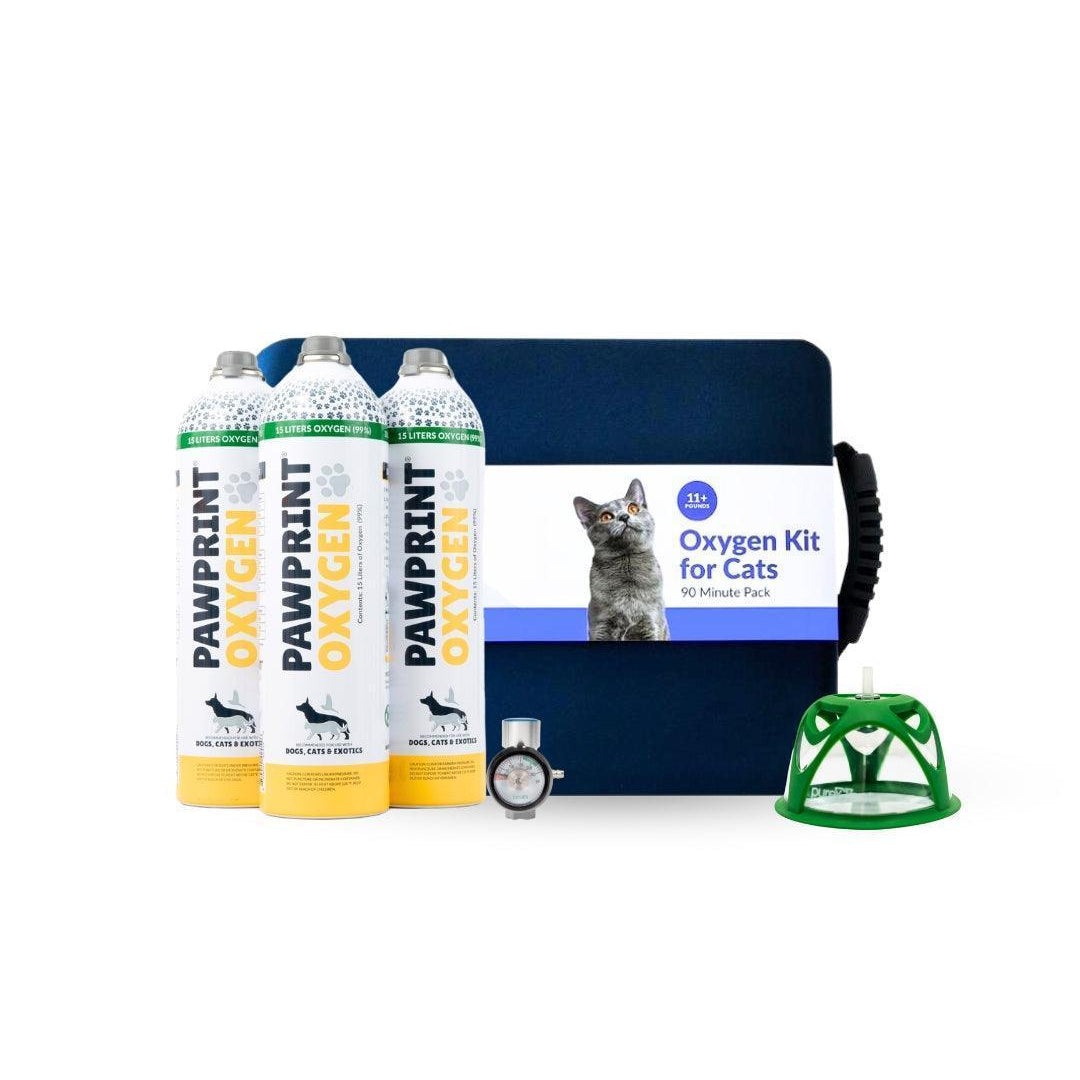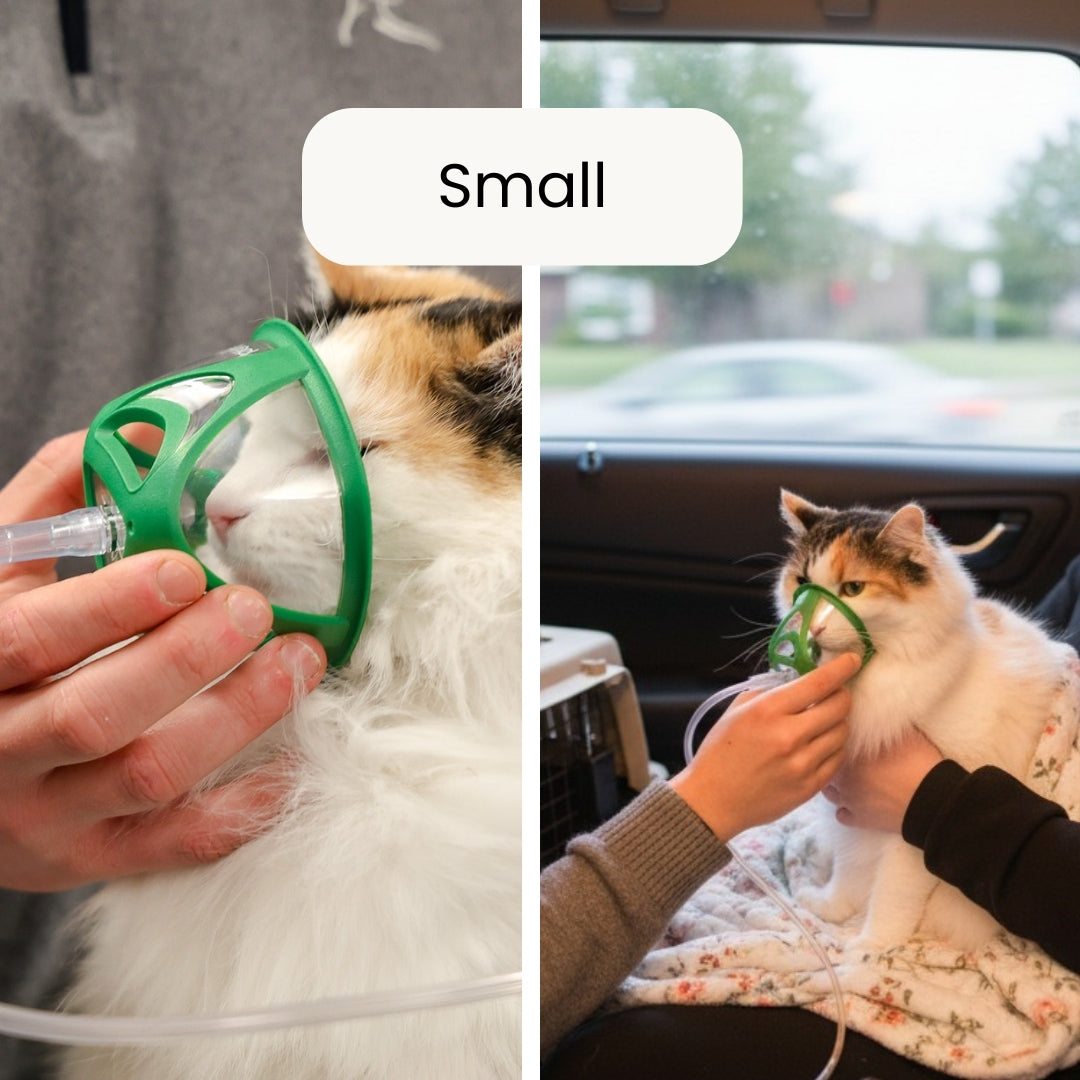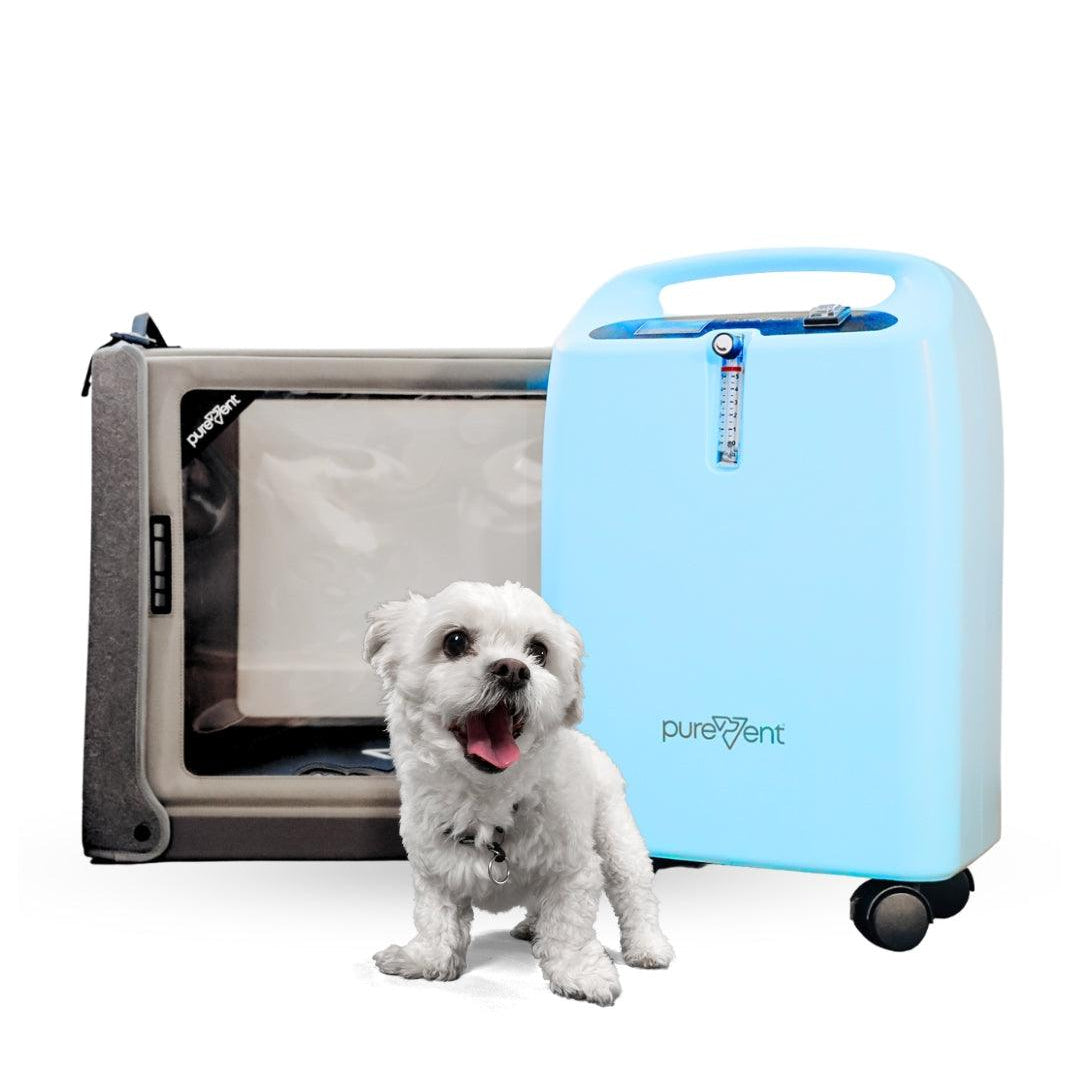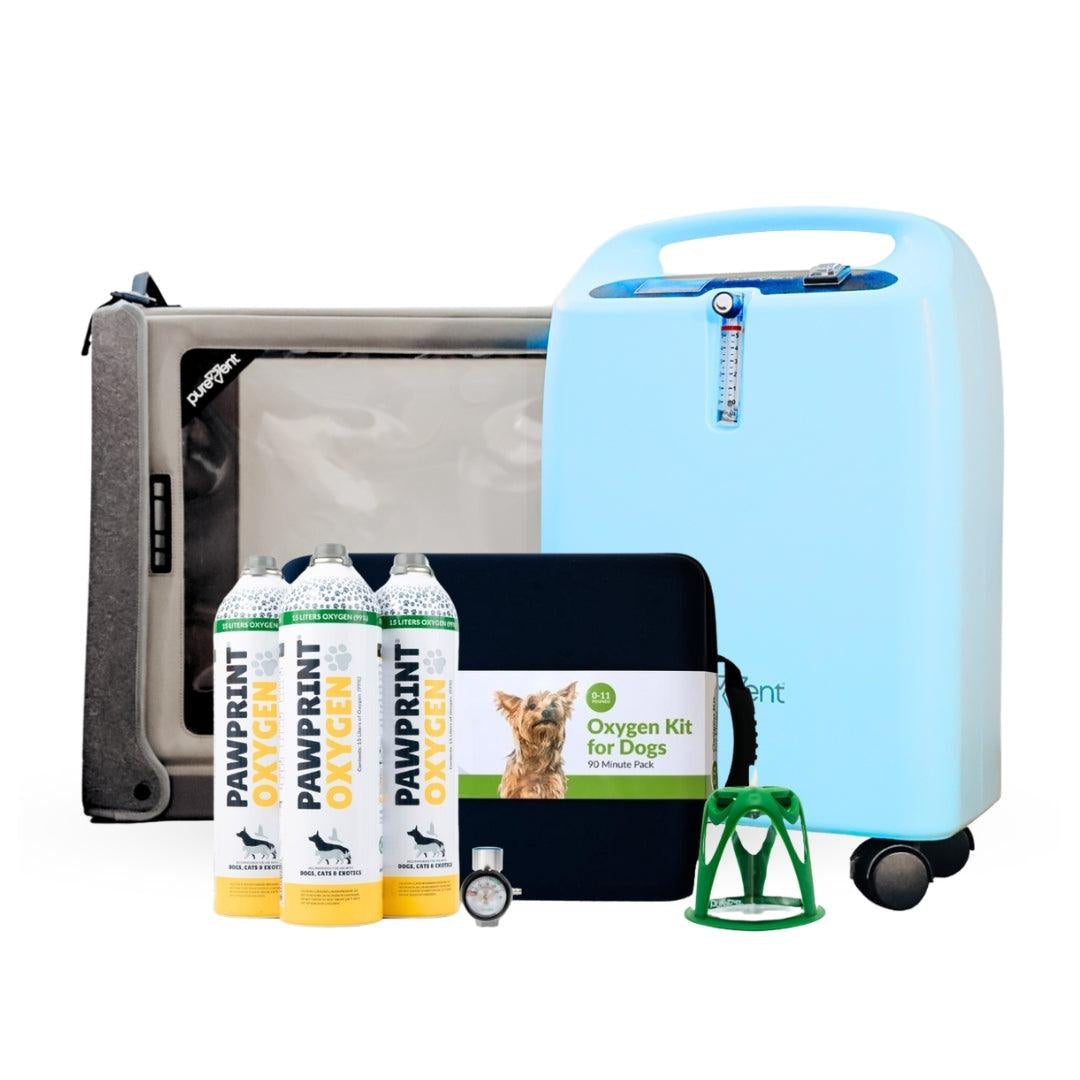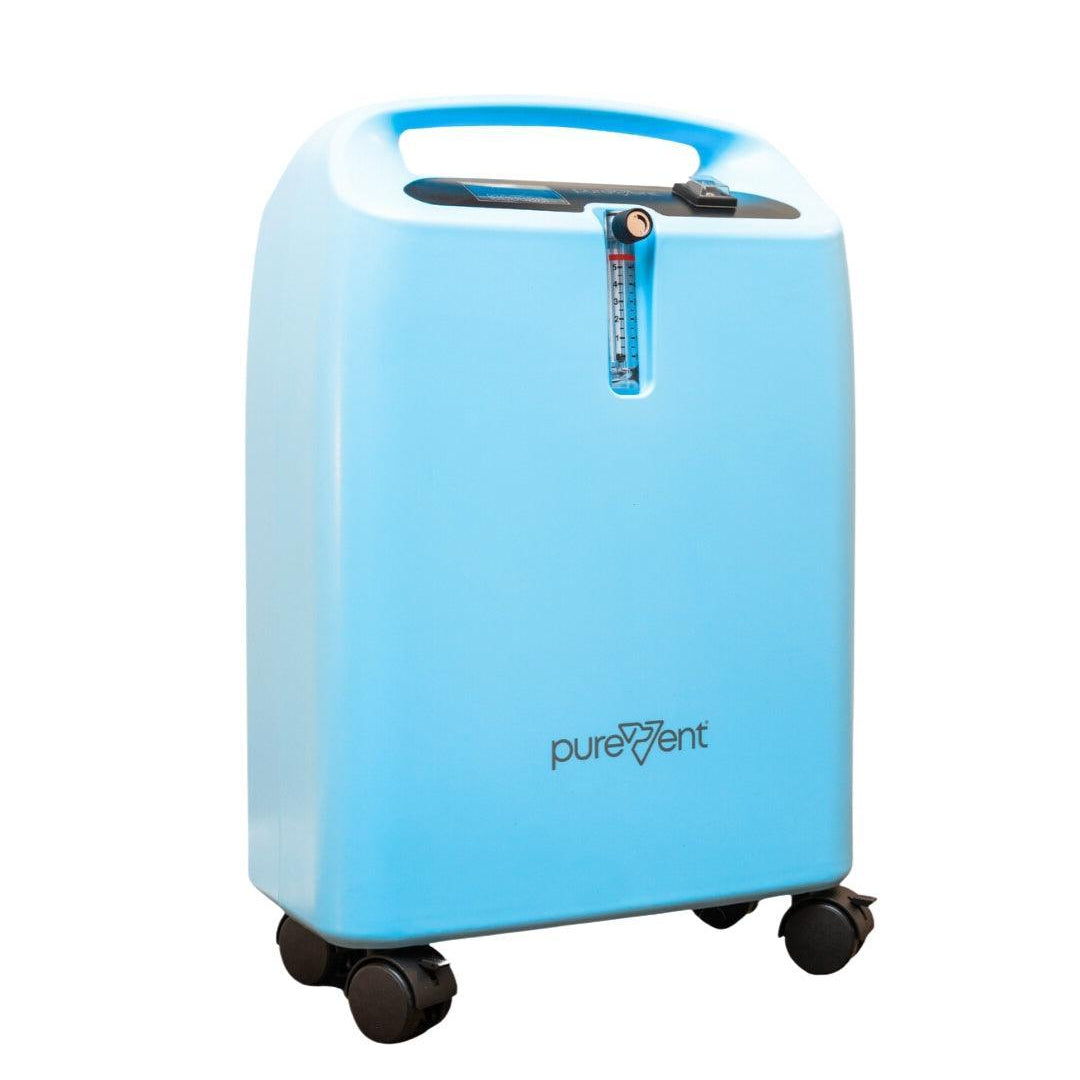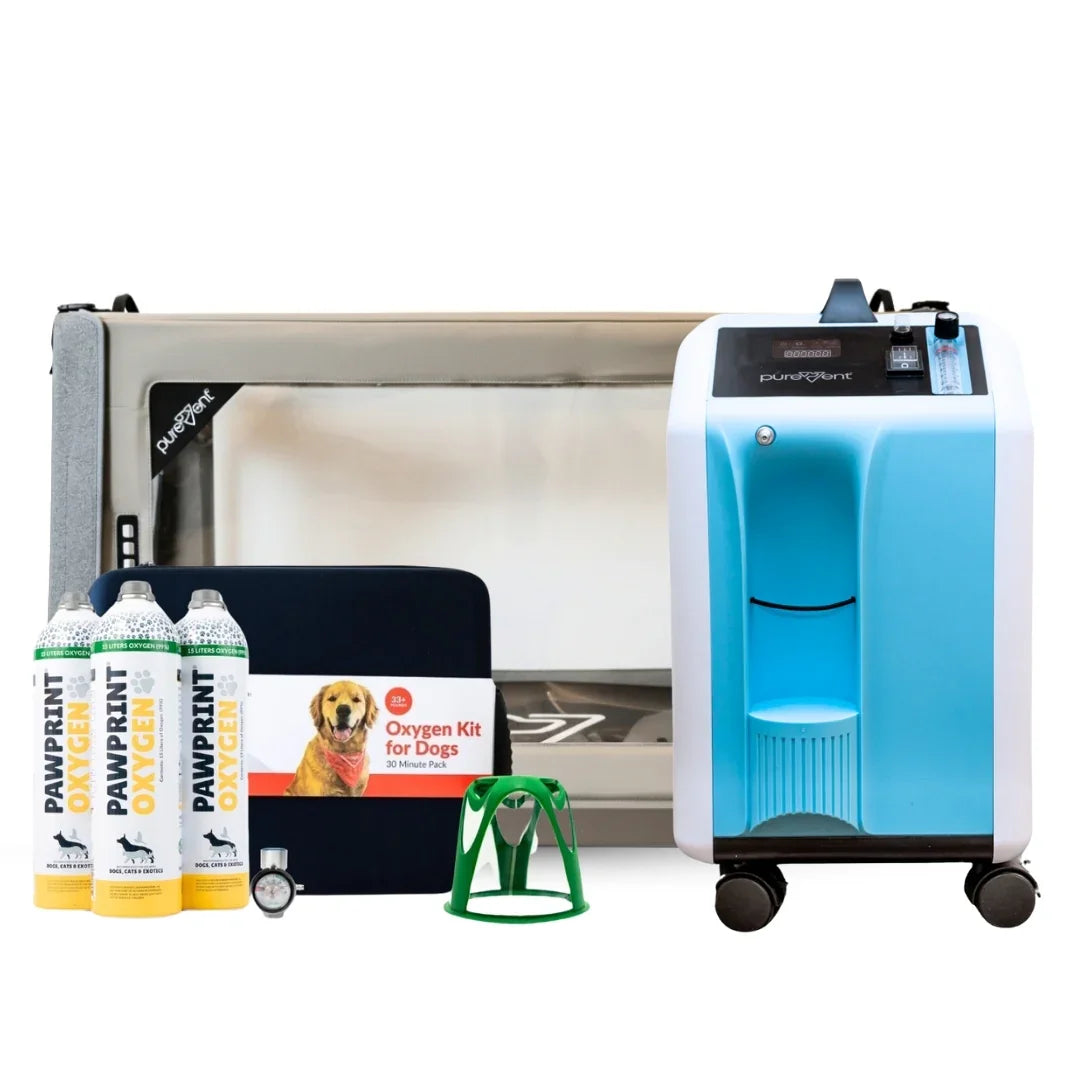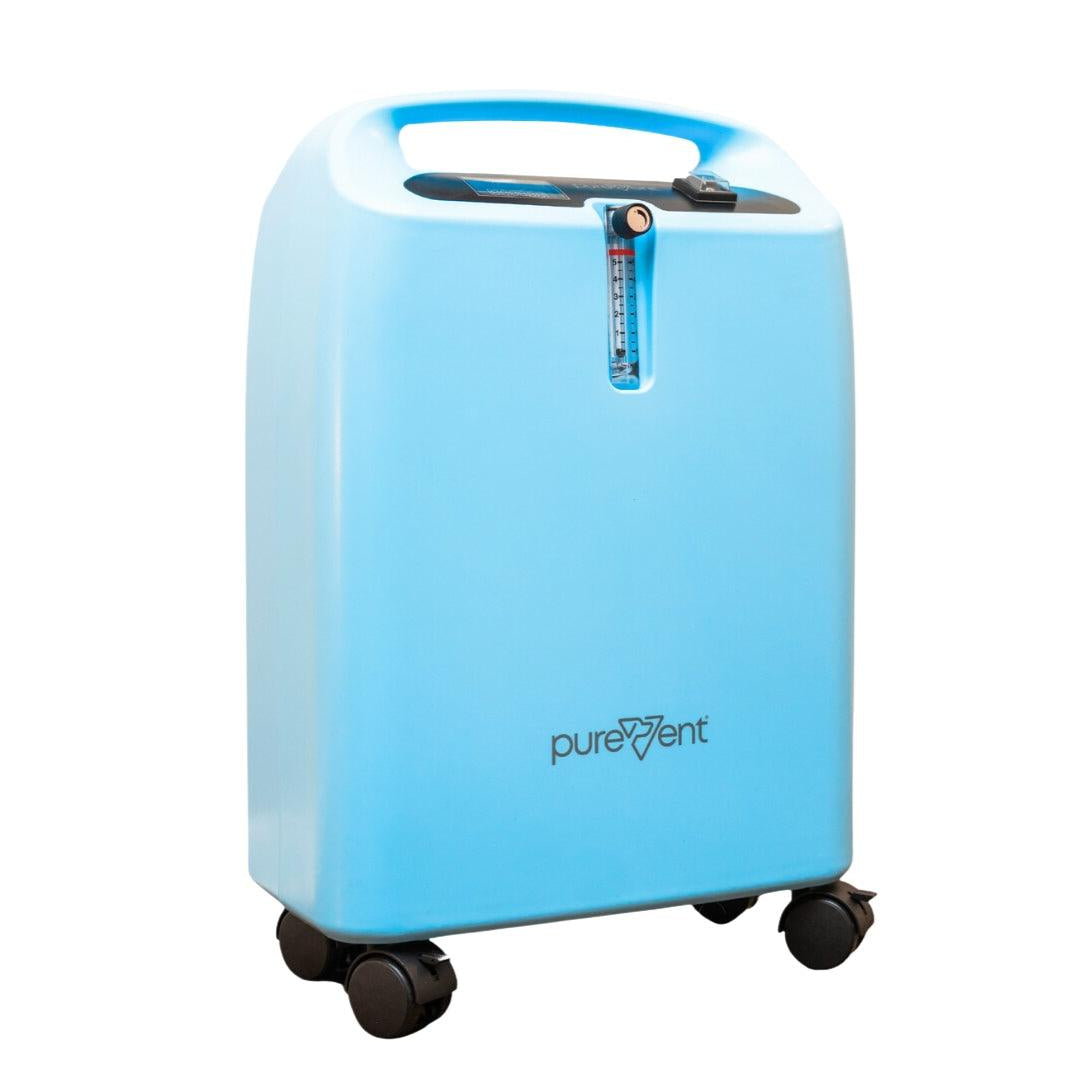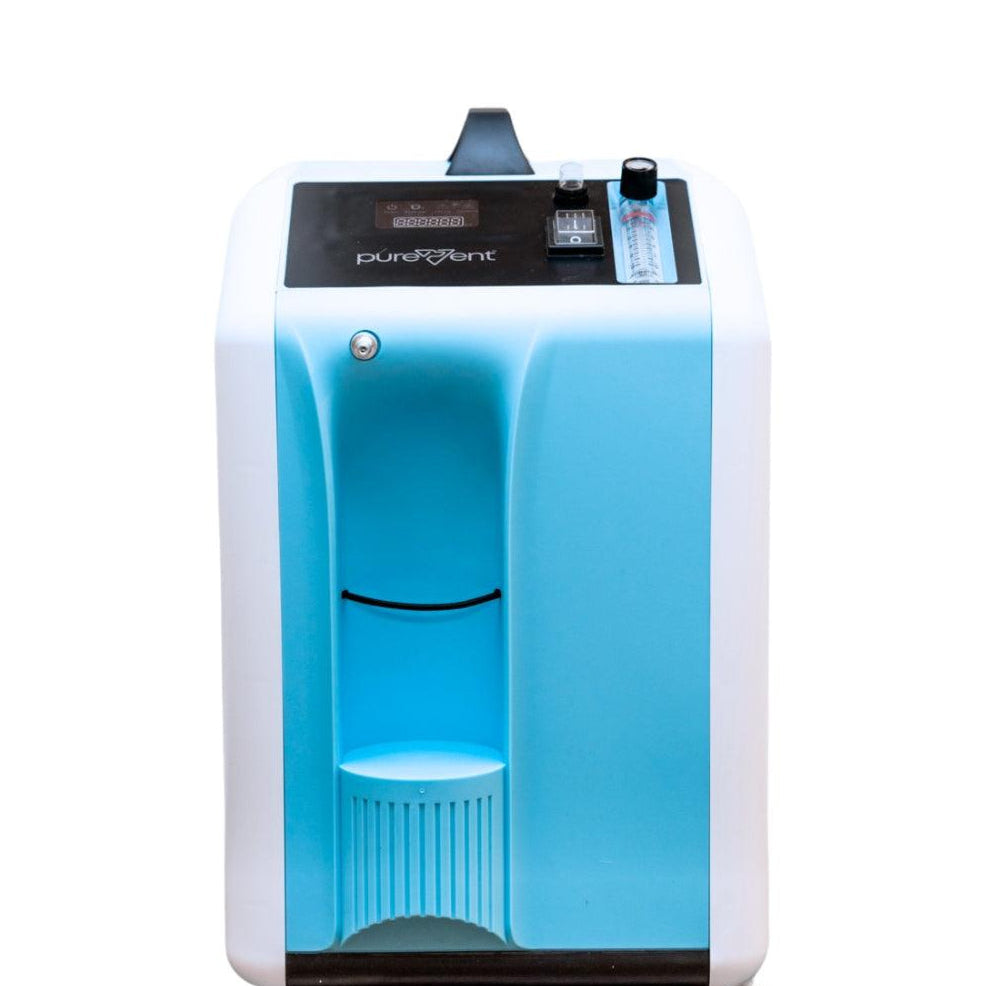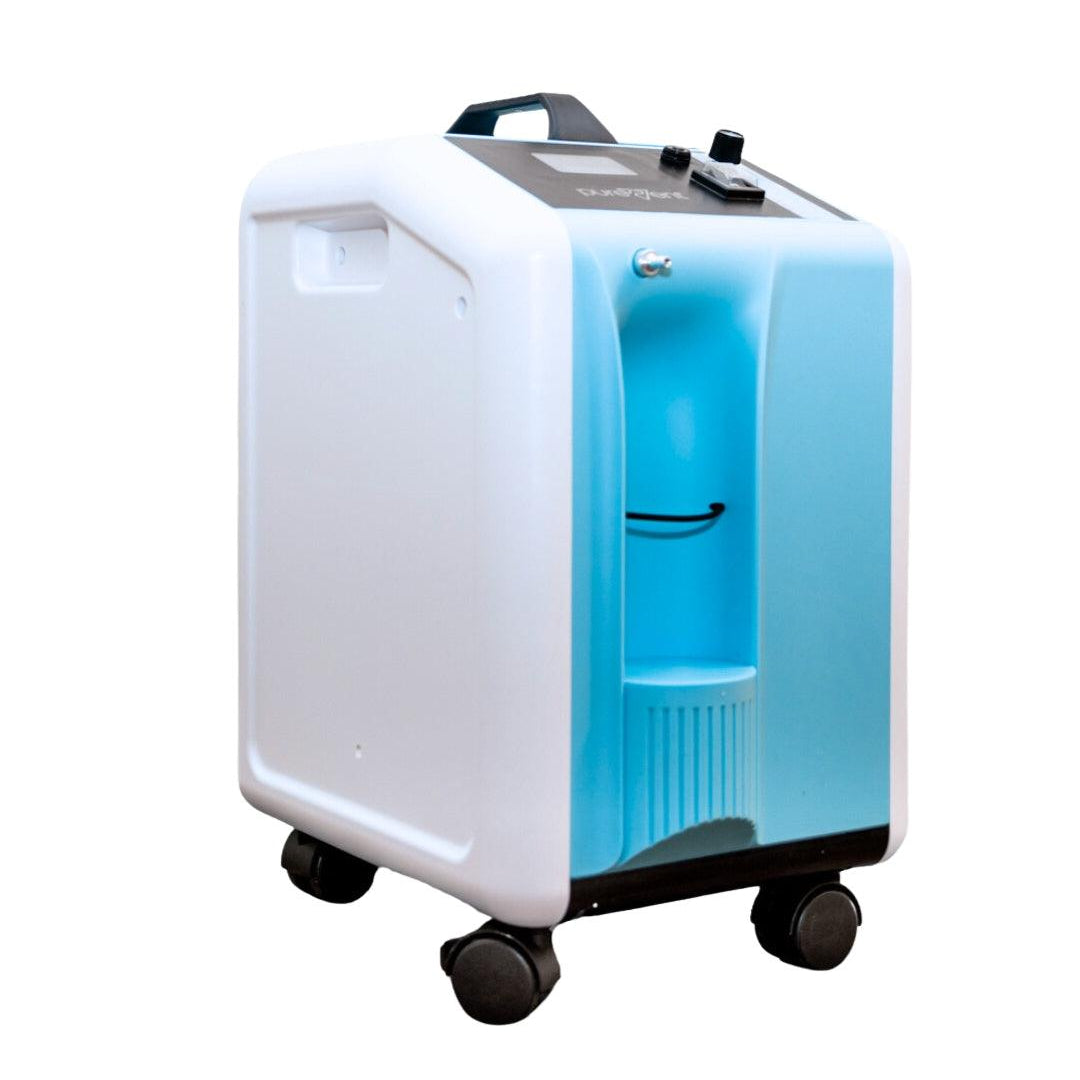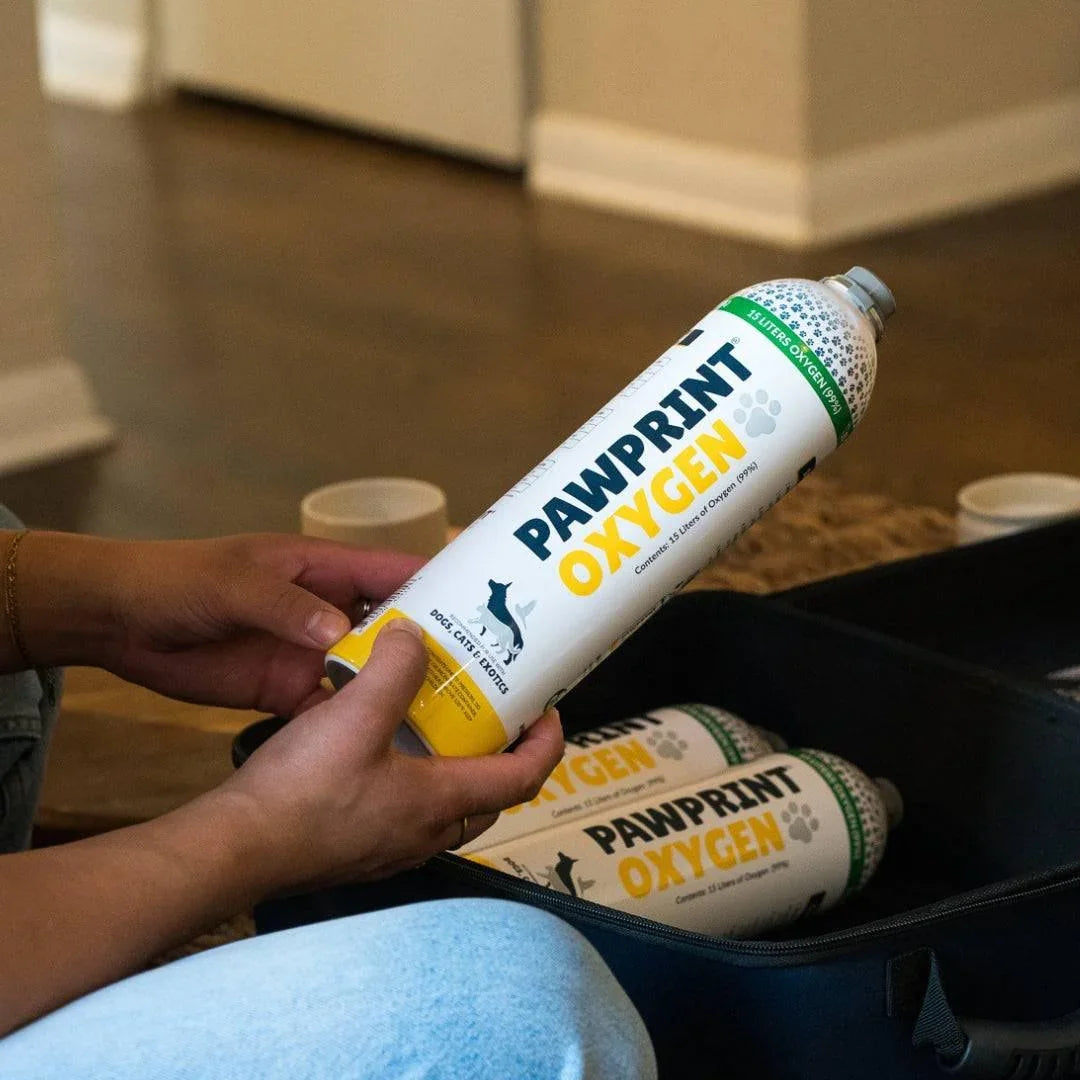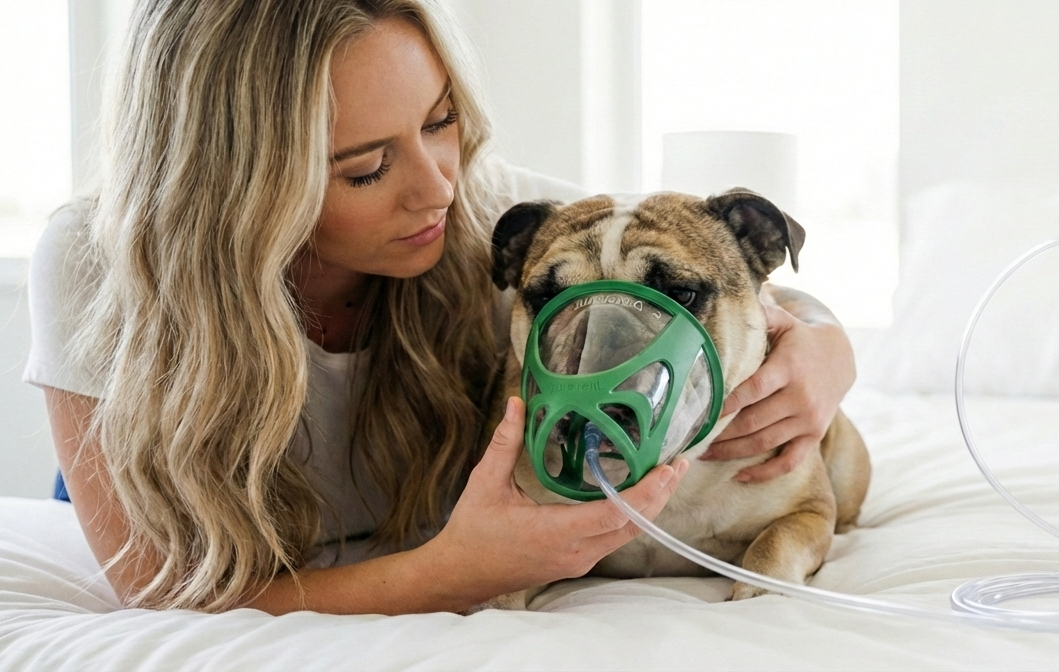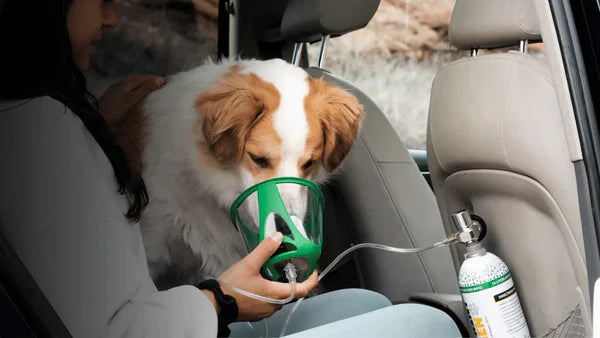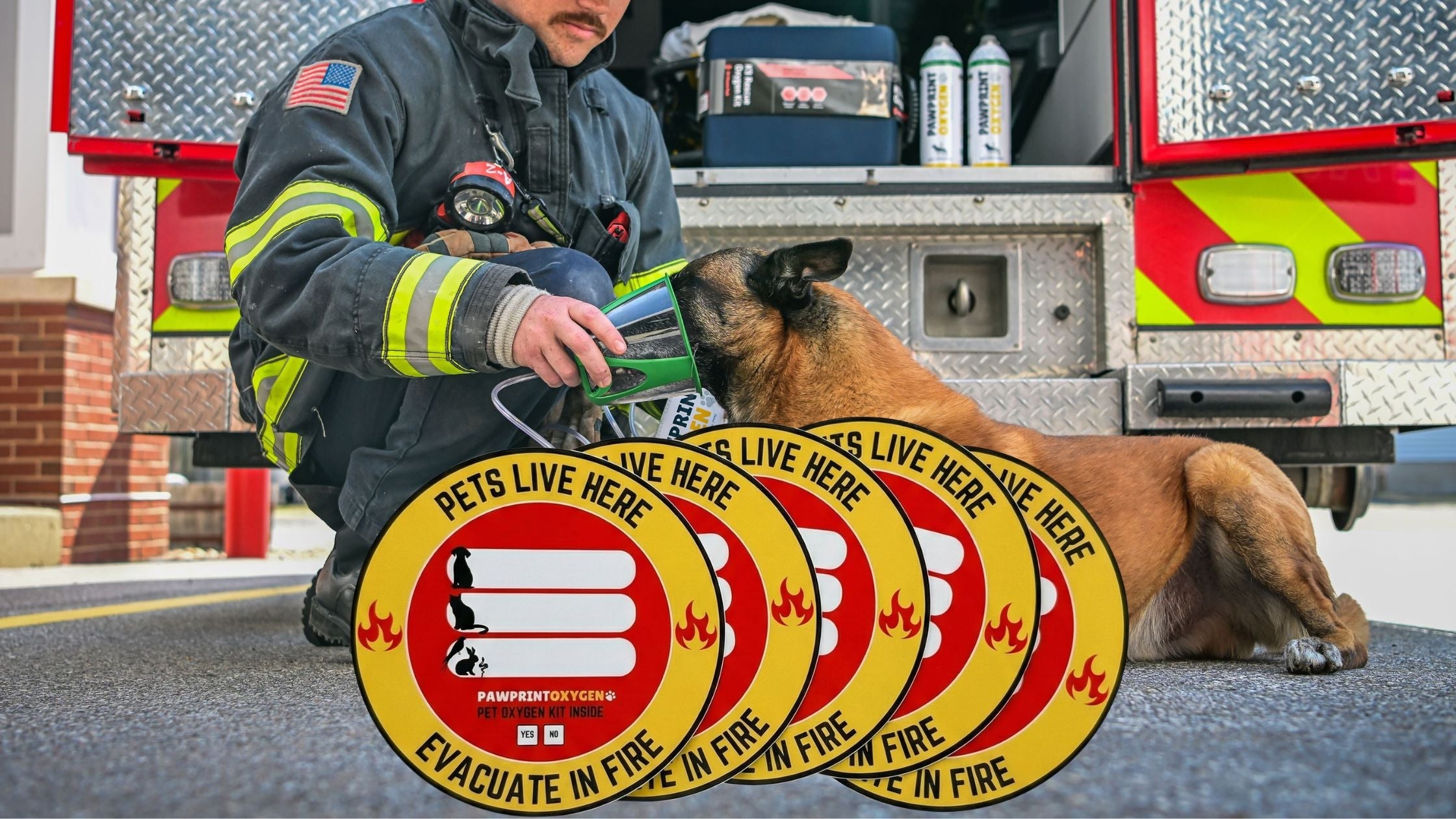Pets may need oxygen therapy if you notice signs like difficulty breathing, decreased energy or lethargy, loss of appetite, bluish gums or tongue, or excessive panting even when not stressed. The therapy is often used when pets have serious respiratory infections, heart disease, collapsed trachea, basically any situation where breathing or oxygenation is compromised. If you see severe symptoms like gasping for breath or collapse, that’s an emergency and you should reach out to your vet immediately. For less acute but persistent symptoms, it’s wise to track what you observe and plan to discuss oxygen therapy with your veterinarian, including what delivery methods might work best and what treatment plan should be followed.
Table of Contents
Pets can experience breathing difficulties for many reasons, from heart disease to respiratory illness. In these situations, oxygen therapy can provide critical support, but knowing when it’s time to involve your veterinarian is key. Recognizing the early signs of trouble allows you to act quickly and ensure your pet gets the right care. This article will help you understand when to reach out to your vet about oxygen therapy and how it can benefit your pet’s health.
Signs That Your Pet May Need Oxygen Therapy
If you observe any of the following symptoms, frequently or on-going, it may be time to consult your veterinarian.
Difficulty breathing or shortness of breath: If you notice your pet struggling to breathe, such as rapid or shallow breathing, wheezing, or coughing, it could be a sign that their respiratory system is compromised.
Decreased energy levels and lethargy: Pets who are in need of oxygen may become fatigued easily and display a lack of energy.
Loss of appetite or difficulty eating: Respiratory distress can affect your pet's ability to eat, leading to a loss of appetite or difficulty swallowing.
Cyanosis (bluish discoloration) of the skin or mucous membranes: If you observe a bluish tint to your pet's gums or tongue, it suggests a lack of oxygen in their bloodstream.
Unusual or excessive panting: Panting is normal for pets, especially dogs, but if it becomes excessive or occurs in non-stressful situations, it may indicate the need for oxygen therapy.
History of respiratory conditions or illnesses: Pets with pre-existing respiratory conditions or a history of respiratory illnesses may be more prone to requiring oxygen therapy.

When Do You Use Oxygen Therapy?
Oxygen therapy is utilized for pets in various medical situations where their ability to breathe and oxygenate blood is compromised. For instance, pets suffering from severe respiratory infections such as pneumonia or bronchitis can benefit from supplemental oxygen to alleviate breathing difficulties and ensure adequate oxygen supply to the tissues of the body. In cases of heart disease, such as congestive heart failure, oxygen therapy helps to reduce the workload on the heart and improve oxygenation.
Pets experiencing acute trauma, such as after an accident or lung injury, can be stabilized with oxygen therapy and may recover quicker. Additionally, pets undergoing anesthesia for surgical procedures may require oxygen therapy to prevent hypoxia and support a smooth recovery. These examples illustrate how oxygen therapy is critical for managing respiratory distress, enhancing recovery, and supporting overall health in pets facing various medical challenges.
Can I refill my canister after use?
Oxygen canisters cannot be refilled. Please recycle your empty canisters. You can reorder canisters at any time!
What is the shelf life on the oxygen canisters?
We have a two-year shelf life on our oxygen canisters. This shelf life is for the seal on the oxygen canister itself, not the oxygen.
Store canisters in a cool, dry place and if the seal is not tampered with, the oxygen will stay in the canister.
How long does each oxygen canister last?
Pawprint Oxygen Canisters can last up to 30 minutes. How long the canisters last is dependent on the flow rate that you’re using.
The flow rate is the “dosage” of the oxygen drug and determines the rate at which the oxygen gas leaves the canister.
Your Portable Oxygen Kit will include a regulator that is pre-set to the flow rate dictated by the weight range best for your pet. If you did not purchase a kit, and need a regulator, they can be purchased separately.
These are the durations that the canister will last for each of the flow rates:
0.5 Liters per minute: 30 minutes
1.0 Liters per minute: 15 minutes
2.0 Liters per minute: 7.5 minutes
3.0 Liters per minute: 5 minutes
When to Reach out to Your Veterinarian
In some cases, immediate action is necessary. If your pet is displaying severe and life-threatening signs, such as gasping for breath or collapse, it is crucial to recognize the emergency and contact an emergency veterinarian right away. For non-emergency situations, it is important to document the observed signs and their frequency. If the symptoms persist or worsen, it's time to schedule an appointment with your veterinarian.
Tips for Discussing Pet Oxygen Therapy with Your Vet
When bringing up oxygen therapy with your veterinarian, it helps to come prepared with clear observations of your pet’s symptoms, such as changes in breathing, energy levels, or appetite. Ask questions about when oxygen should be used, what delivery method is most appropriate, and how to monitor your pet at home. Be honest about your ability to manage the equipment and follow care instructions, so your vet can recommend the safest and most practical plan. This open dialogue ensures your pet receives the right support while giving you confidence in managing their care.
Tips for Discussing Pet Oxygen Therapy with Your Vet
Bring detailed observations: Note any changes in breathing, energy levels, appetite, or unusual behaviors.
Ask key questions: When should oxygen be used, what delivery method is best, and how should you monitor your pet?
Be upfront about limitations: Share your comfort level with handling equipment and following instructions so your vet can tailor recommendations.
Seek clarity on next steps: Confirm what to do in urgent situations and how to adjust care as your pet’s condition changes.

Recognizing the signs that indicate your pet may require oxygen therapy is essential for their overall health and well-being. By understanding these signs and communicating openly with your veterinarian, you can ensure the best possible care for your beloved pet.
Remember, early intervention and proactive communication are key to improving your pet's quality of life and ensuring they receive the treatment they need.
Key Takeaways
Oxygen therapy can be a vital tool for pets with breathing difficulties caused by heart disease, respiratory illness, trauma, or other conditions.
Watch for signs such as wheezing, shallow or rapid breathing, lethargy, loss of appetite, bluish gums/tongue, or collapse.
Severe symptoms like gasping for breath or sudden collapse are emergencies. Contact your veterinarian immediately.
For ongoing or less acute symptoms, track what you observe and share detailed notes with your vet.
Your veterinarian can help determine if oxygen therapy is appropriate, what method to use, and how to manage it safely at home.
Open communication about your pet’s needs and your ability to manage equipment ensures the best care plan.
Being proactive and prepared can make oxygen therapy less stressful and more effective for both you and your pet.
